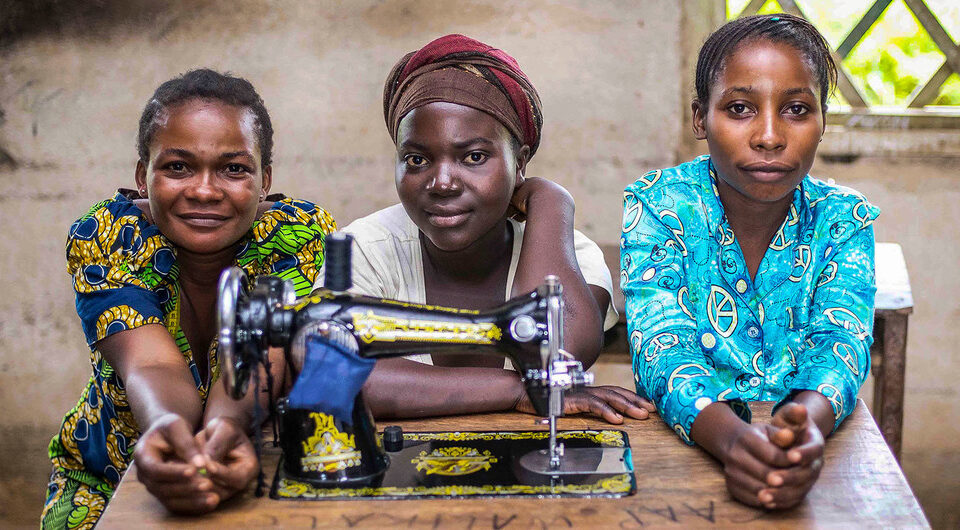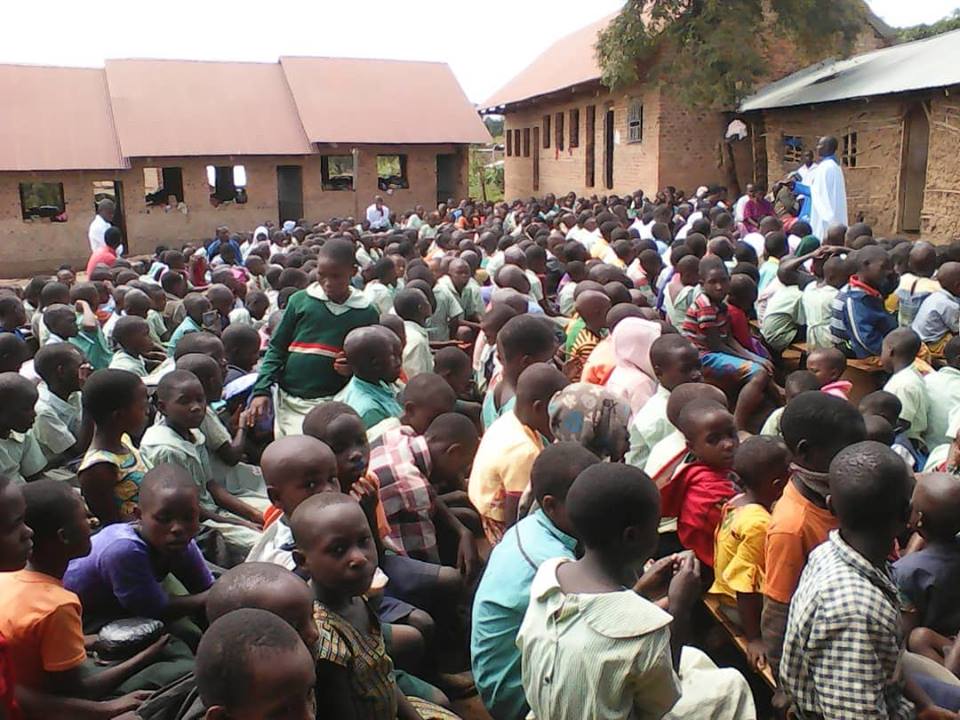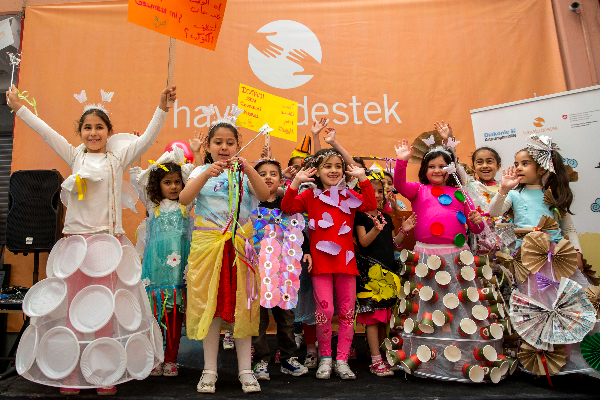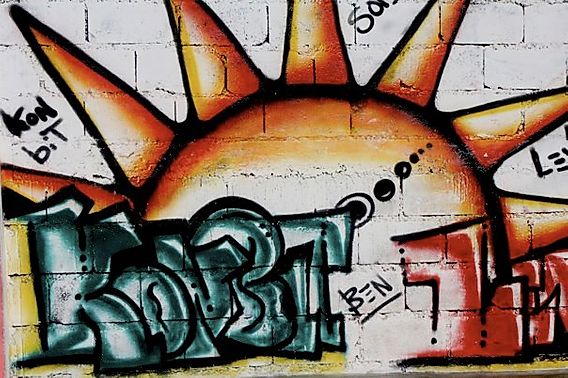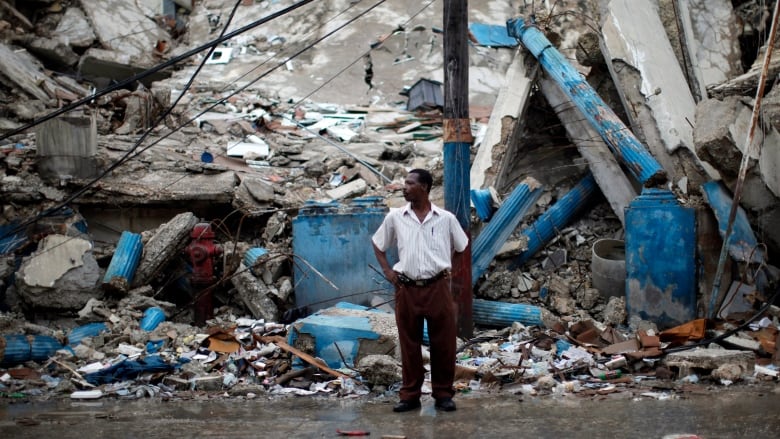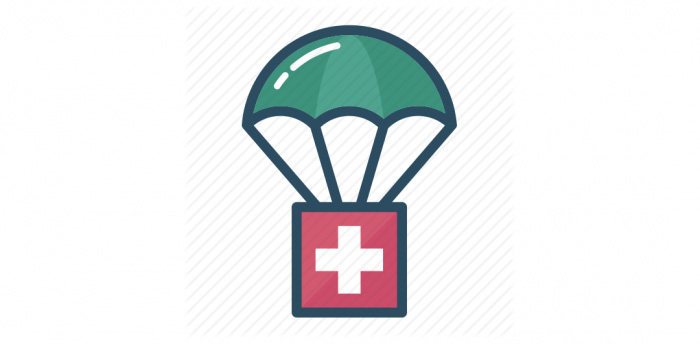localisation
- Filter by
- Categories
- Tags
- Authors
- Show all
- All
- academia
- accountability
- adaptation
- afghanistan
- aid
- aid effectiveness
- architecture
- Argentina
- asylum-seeker
- budget
- bureaucracy
- business
- capacity sharing
- child protection
- children's rights
- citizen engagement
- citizen participation
- citizen voice
- climate c
- climate change
- colombia
- community
- community development
- comparative development
- conflict
- cooperation
- COP21
- COP26
- corporations
- Covid-19
- data
- decision-making
- decolonisation
- Democratic Republic of Congo
- developing countries
- development
- development co-operation
- development effectiveness
- development finance
- dialogue
- disaster preparedness
- disaster response
- domestic resource mobilisation
- donors
- DRC
- economic empowerment
- emergency preparedness
- employment
- entrepreneurship
- equality
- espanol
- EU
- evaluation
- feedback loops
- feminism
- français
- gender
- gender equality
- gender-based violence
- global development
- gpedc
- grand bargain
- Haiti
- health
- homeless
- housing
- human rights
- humanitarian aid
- humanitarian effectiveness
- ICT4D
- inclusion
- indirect cost recovery
- inequality
- information
- INGOs
- innovation
- integration
- international cooperation
- international humanitarian law
- jobs
- Kenya
- knowledge
- language
- least
- least developed countries
- LGBTI
- local aid workers
- local development
- local NGOs
- localisation
- men
- mental health
- mexico
- migrants
- migration
- mining
- minorities
- mirps
- multinationals
- natural disasters
- negotiations
- NGOs
- Nigeria
- Northern
- ODA
- OECD
- ownership
- Pacific
- participation
- participatory methods
- partnerships
- peace
- perceptions
- perceptual data
- perspectives
- philanthropy
- Philippines
- policy
- policymaking
- politics
- poverty
- power
- protection
- racism
- RDC
- refugees
- representation
- Republique Democratique du Congo
- resilience
- responsiveness
- rights
- sexual abuse
- sexual harassment
- social accountability
- social justice
- solidarity
- South-South cooperation
- Southern
- southern voices
- statistics
- sustainable development
- sustainable tourism
- Syria
- Tanzania
- tax
- time
- transparency
- Uganda
- Ukraine
- UN
- united nations
- Vietnam
- water and sanitation
- women
- women's rights
- world food day
- world humanitarian summit
- youth
August 20, 2021
Published by Farida Tchaitchian Bena at August 20, 2021
Categories
[English version here] Bien que l’attention du monde ces jours-ci porte principalement sur ce qui se passe en Afghanistan, j’aimerais que nous nous rappelions également qu’il y a d’autres pays souvent oubliés et que nous apprenions de leurs voix inouïes. Pour cette raison la série sur l’entrepreneuriat féminin dans les pays du Sud du monde continue avec mon entretien avec une ancienne collègue, Micheline Engiteyo, qui est en train d’établir sa propre organisation en République Démocratique du Congo (RDC).
April 16, 2021
Published by Wairu Kinyori at April 16, 2021
Categories
Every so often there are people who transition from national or small not for profit into the International NGOs. Many times, it is a dream come true because you have probably put in dozens of applications and this one lucky one made it through, and you cannot just believe! There you are in a multicultural fancy office; it really is a dream come true.
August 7, 2020
Published by Farida Tchaitchian Bena at August 7, 2020
Categories
My last (pre-COVID) intern has been a Ugandan woman, Mary Akugizibwe. Not only did she bring with her solid international experience, including with the Criminal Tribunal for the Former Yugoslavia and the United Nations; she also contributed unique views on humanitarian aid and development as the founder of a local Ugandan organisation, Global Refugee Initiatives. It has been an honour working with Mary. Here are some of her reflections on local and international cooperation.
May 6, 2020
Published by Farida Tchaitchian Bena at May 6, 2020
Categories
A few months ago I met a brilliant colleague, Sema Genel Karaosmanoğlu, at a global meeting on how to improve humanitarian action. Sema is the Executive Director and Board Member of Support to Life, a Turkish NGO. She also heads the largest global network of local aid organisations, NEAR. As the Covid-19 pandemic spreads to the global South, Sema shares her perspectives on humanitarian aid, how to improve it and what local organisations can contribute to address the challenge of our time.
April 7, 2020
Published by Farida Tchaitchian Bena at April 7, 2020
Categories
In my previous post, I discussed the international response to the 2010 Haiti earthquake with Sabina Carlson Robillard and her husband Louino ‘Robi’ Robillard. They both participated in relief efforts at the time. Today, they manage Konbit Solèy Leve, a community-led movement founded in the biggest Haiti slum, Cite Soleil, in 2011. In Part Two of our conversation, Sabina and Robi share the objectives of Konbit Solèy Leve and explain how this model of local solidarity can be used to address other similar challenges around the world. Truly an inspiration for finding creative ways to help each other at a time when the coronavirus pandemic is keeping people apart.
March 8, 2020
Published by Farida Tchaitchian Bena at March 8, 2020
Categories
This is the first part of a conversation with Sabina Carlson Robillard and her husband Louino ‘Robi’ Robillard. Sabina, a US national, and Robi, a Haiti-born, met in Haiti while contributing to the response to the 2010 earthquake. Today they support Konbit Solèy Leve, a community-led movement founded in the biggest Haiti slum, Cite Soleil, in 2011. In Part One of this conversation, Sabina, Robi and I discuss the international response to the 2010 earthquake from a local perspective.
January 30, 2018
Published by Farida Tchaitchian Bena at January 30, 2018
Categories
I have recently started a new job with the International Rescue Committee, a non-governmental organisation (NGO) that specialises in humanitarian aid in countries affected by conflict and natural disasters.
Coming back to the humanitarian sector after over a decade, I am struck to find that many discussions about the efficiency and effectiveness of aid replicate what has been said in development circles for years. One issue in particular is at the heart of discussions old and new: the challenge of ‘localising aid’, that is, helping local civil society organisations to better respond to a crisis through increased capacity and more direct funding from donor governments. Having agreed globally in 2016 that we should indeed localise aid, the humanitarian community is now tackling the big question: are we seeing any real change?

